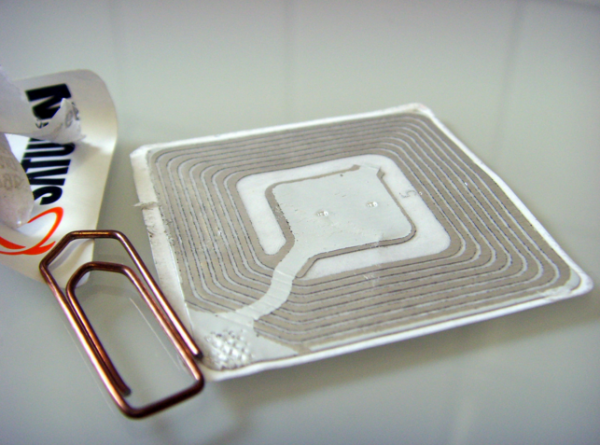By Eugene Smith, | February 10, 2016

Research teams at MIT, in association with Texas Instruments, have recently developed a "hack proof" radio-frequency (RFID) chip, designed to prevent side-channel attacks.
Research teams at MIT, in association with Texas Instruments, have recently developed a "hack proof" radio-frequency (RFID) chip, designed to prevent side-channel attacks.
A press release issued by MIT News office mentions that a research associated with RFID chip was presented at International Solid Circuits Conference in San Francisco recently. Based on this research by MIT team, several prototypes of RFID chip were developed by Texas Instruments. These prototypes have so far been responding positively in experiments.
Like Us on Facebook
RFID chip has been developed primarily to prevent side-channel attacks. These attacks attempts to gain access to cryptographic data by exploiting power glitches.
"The idea in a side-channel attack is that a given execution of the cryptographic algorithm only leaks a slight amount of information," Chiraag Juvekar, a graduate student in electrical engineering at MIT, says. "So you need to execute the cryptographic algorithm with the same secret many, many times to get enough leakage to extract a complete secret," he added.
According to MIT press release, researchers have created two innovations in new RFID chip to overcome power-glitch based attack. First, they have designed an on-chip power supply which would be impossible to cut. Second, RFID chip is equipped with a memory cells that can store whatever data chip is working on when it begins to lose power. Both of these innovations were made possible by the use of ferroelectric crystals in manufacturing RFID chip.
Extreme Tech reported that if MIT's research became commercially viable, it could enable a RFID chip revolution where hacking would be less frequent. Some drawback with the new RFID chips is that they may lead to an increase in cost and power requirements. Furthermore, their output rate may be comparatively slower than other chips.
Though research by MIT is a cutting edge, and could go a long way in circumventing hacking activities like credit card fraud, it is difficult to believe that RFID chip could be completely hack-free.
According to ZD Net, "nothing is hack free." This is because every new security technology comes with an expiry date. Sooner or later, it has to succumb to a counter-technology that can breach its security features.
-
Use of Coronavirus Pandemic Drones Raises Privacy Concerns: Drones Spread Fear, Local Officials Say

-
Coronavirus Hampers The Delivery Of Lockheed Martin F-35 Stealth Fighters For 2020

-
Instagram Speeds Up Plans to Add Account Memorialization Feature Due to COVID-19 Deaths

-
NASA: Perseverance Plans to Bring 'Mars Rock' to Earth in 2031

-
600 Dead And 3,000 In The Hospital as Iranians Believed Drinking High-Concentrations of Alcohol Can Cure The Coronavirus

-
600 Dead And 3,000 In The Hospital as Iranians Believed Drinking High-Concentrations of Alcohol Can Cure The Coronavirus

-
COVID-19: Doctors, Nurses Use Virtual Reality to Learn New Skills in Treating Coronavirus Patients












